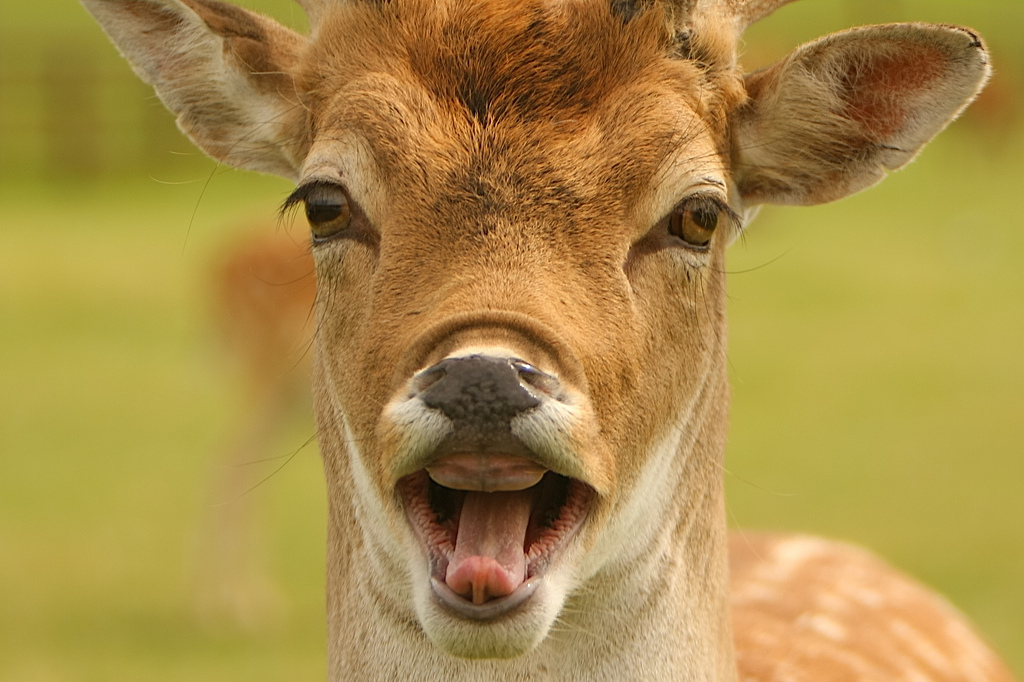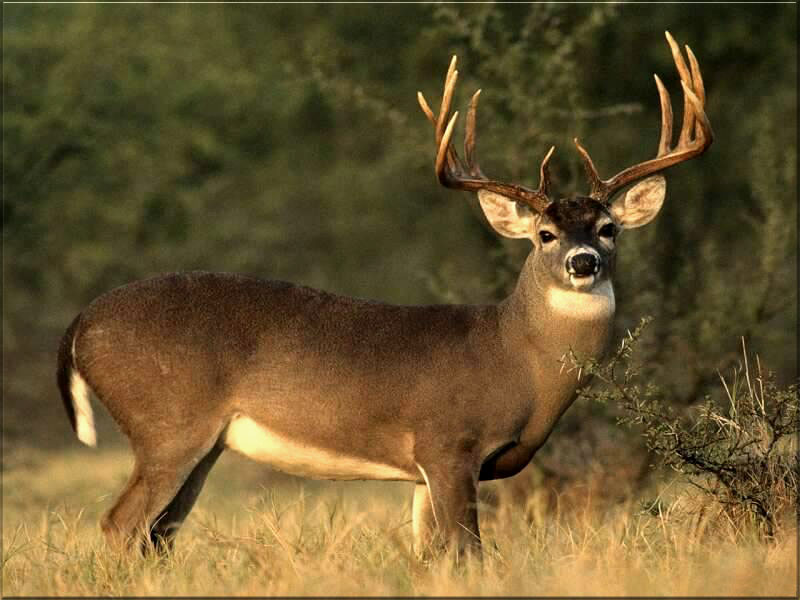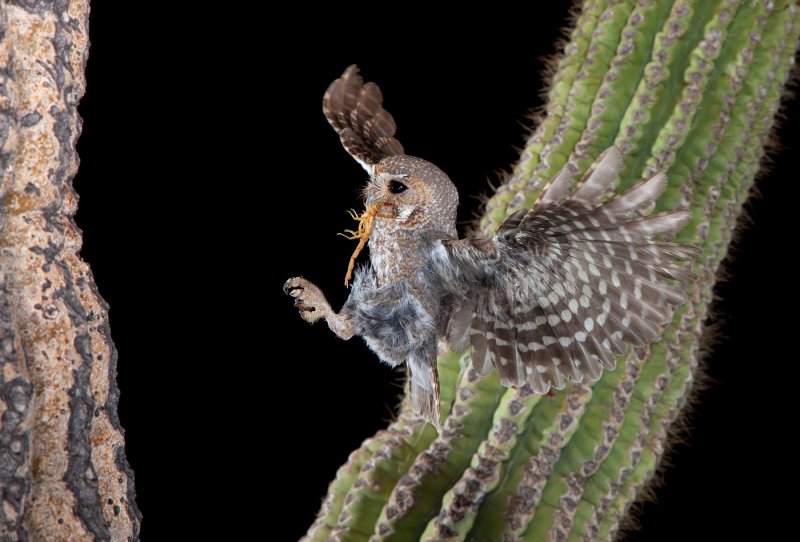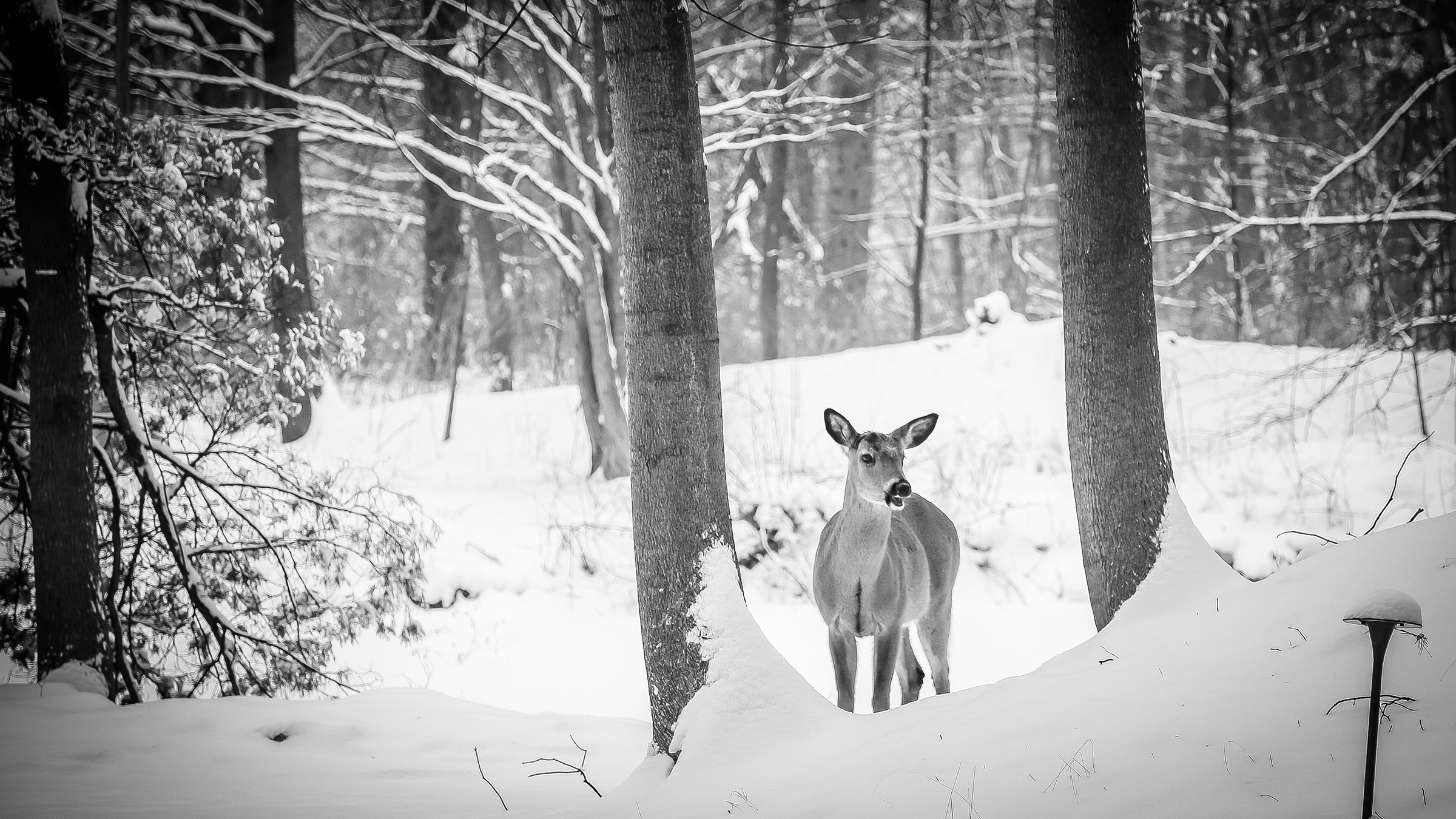
Blog
- spacechimpmedia
Deer Hunting Tips for Beginners

With deer hunting, and many others, season upon us, it’s easy to get consumed with wanting the latest and greatest in high tech gear, going expert mode, and concentrating on all the tiny details of the art. While these things are all good and well in their own right, they might not be the most appropriate line of thinking if you are new to hunting. For this post, we’ll go back to basics and discuss some things that all hunters should know and start with before they can play on expert level.
1. Get the proper documentation
If you are completely new to the game, and trying to pick up a brand new hobby/lifestyle, you may not be aware that you need a hunting license. Some states require you complete a hunter education course and obtain a certificate. In some cases you may be able to defer the class, but you should have the proper licensing/documentation on your person at all times, lest you be questioned by the warden and fined. Hunting regulations vary according to state, so contact your local parks and wildlife commission.
2.Hunting is for the patient
There will be lots of quiet and stillness. A lot of it. You need to be constantly vigilant. This includes keeping your eyes peeled and your bottom still. Deer are experts at detecting movement and listening for unnatural/unexpected noise. Patience will pay off in this sport.
3. No smells
In addition to having excellent sight and hearing, deer can smell you. They have razor sharp smell capabilities. Don’t use any products with perfumes or scents, including laundry detergents (you can tell usually just by smelling a product, but if you are unsure, read the ingredient list on the back of a product – it will list if a fragrance or perfume is used). Some hunters even go a step further and apply scent masking sprays or rub themselves with local flora. In addition to scent masking, pay attention to the wind. The wind patterns carry your scent. Set your Sweeney Deer Feeder as far away as you can while still feeling comfortable. This will help with the scent masking. These things matter!
4. Research
Like with anything you want to learn about, hunting will require some researching and reading. If you’re anything like me, you research and Google something to death before you embark on a new time consuming and costly adventure. Learn about the area you’ll be hunting in. What lives and grows there. Learn about the patters, routines, and rituals of the animal you are hunting. Be prepared to strategize. If you learn that there are no raccoons in the area where you’ll hunt, you won’t be buying a raccoon urine scent mask.
5. Don’t give up
Even veteran hunters wait an entire season for a prize, and sometimes they might not even get what they are looking for. Hunting is a long term investment with high rewards if you can stick with it through the ups and downs, trial and errors, and learning curve.
Recent Articles

We built our first timer over 50 years ago. With that timer, we established a constant determination to build quality products that meet our customers’ needs. This unwavering focus on quality products and excellent customer service is the foundation of Sweeney Enterprises.



